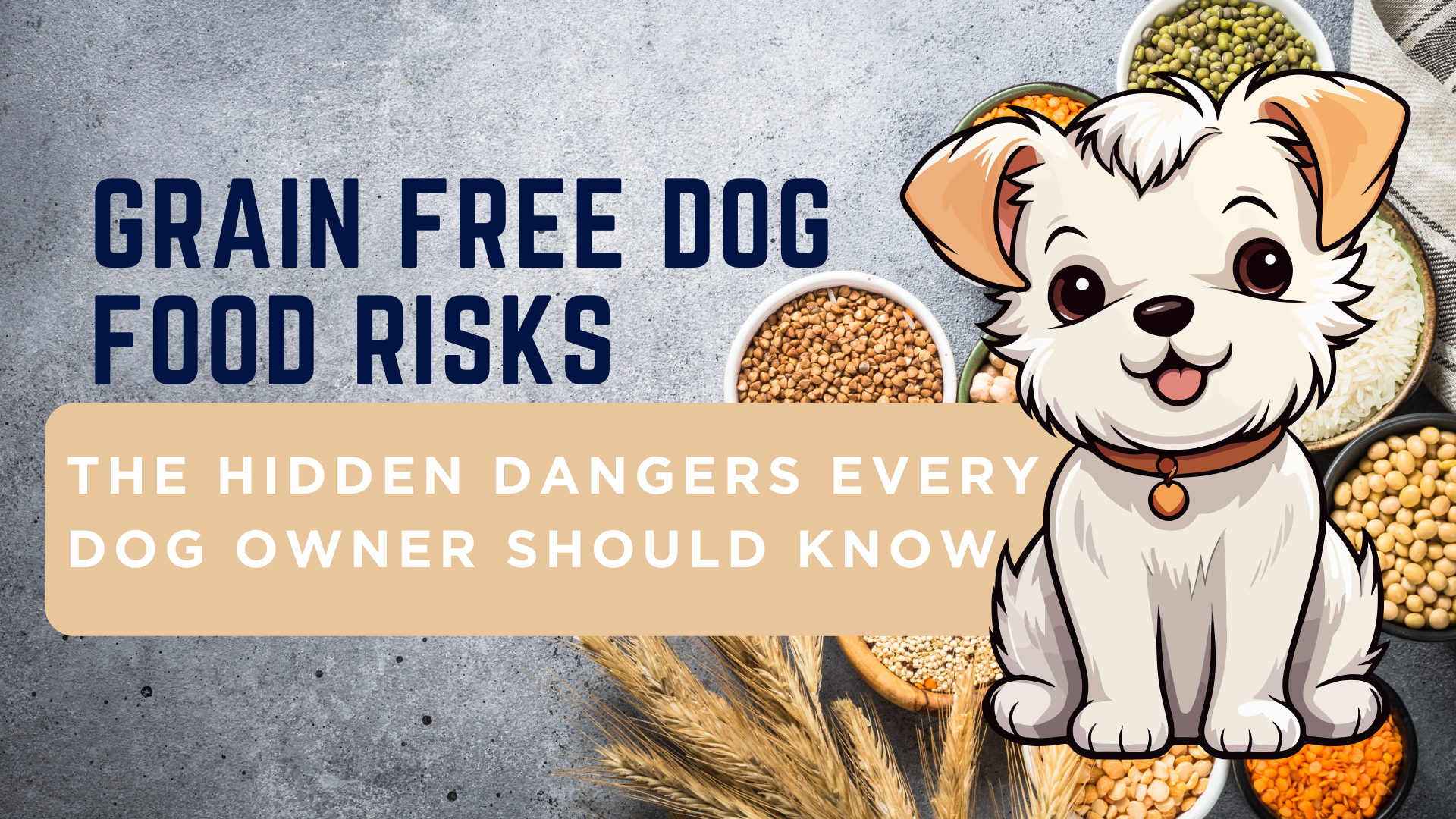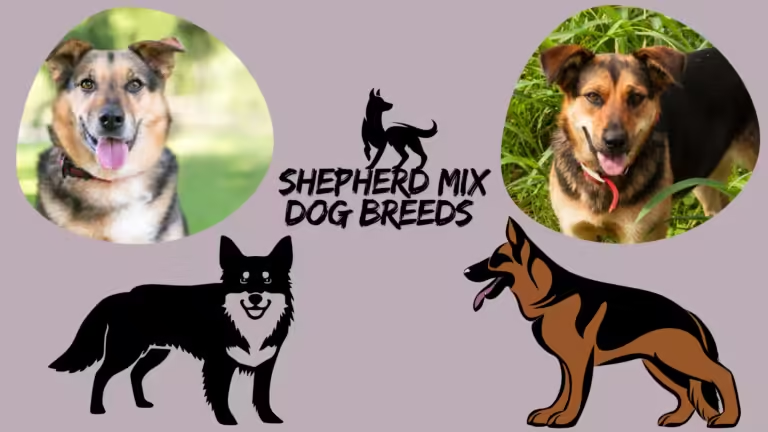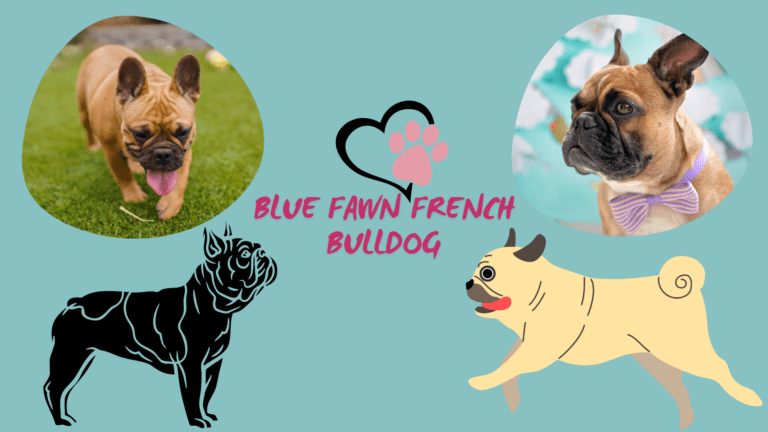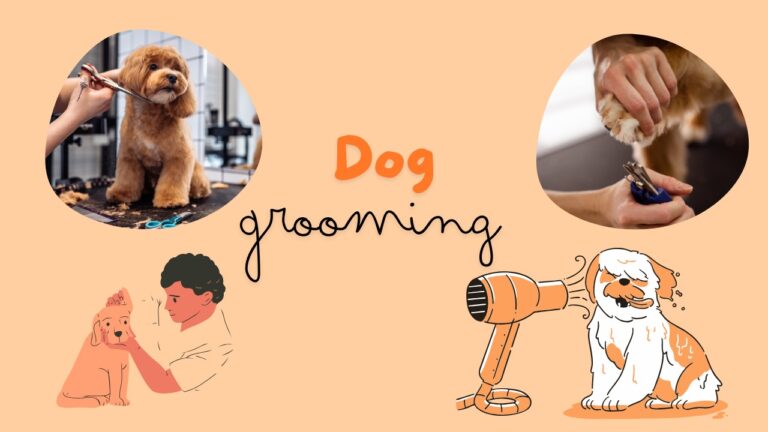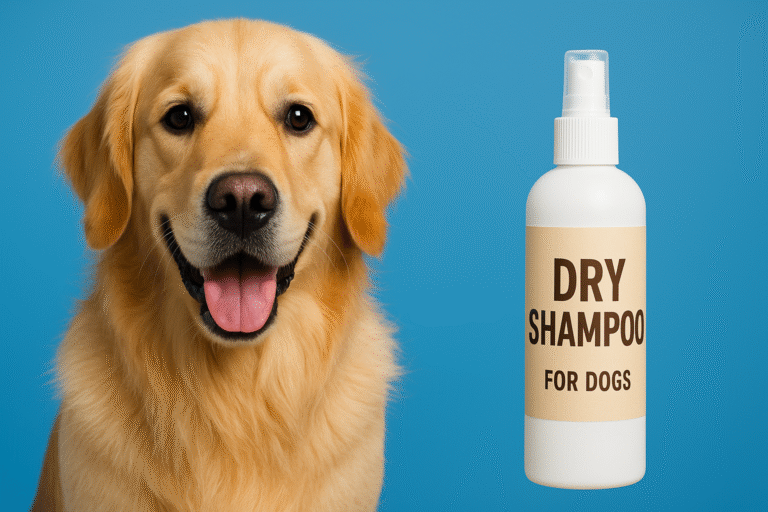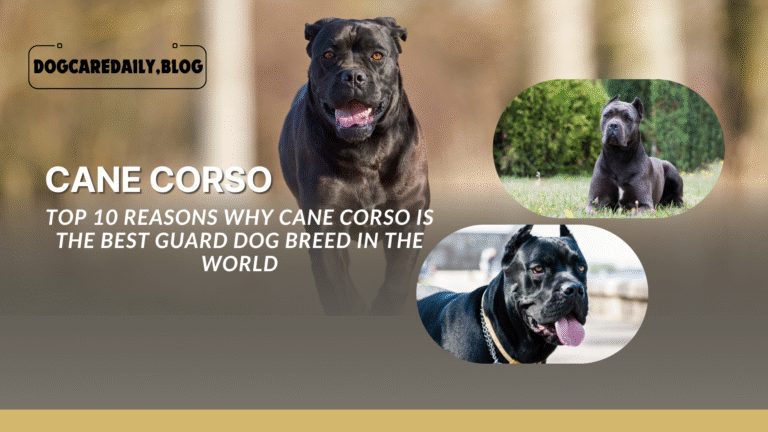Grain Free Dog Food Risks: The Hidden Dangers Every Dog Owner Should Know
Perhaps the most concerning among the grain-free dog food-related issues is its possible link to dilated cardiomyopathy (DCM), a disease that degrades the heart muscle and impairs its function to pump blood efficiently. Symptoms have ranged from fatigue and fainting to respiratory distress, and even sudden death.
Veterinarians saw a disturbing trend: growing numbers of DCM cases in breeds not normally prone to the disease. The only thing these dogs had in common? They were often fed grain-free foods, raising eyebrows throughout the veterinary community.
Are Grains Really Harmful to Dogs?
Gently, contrary to what most people believe, grains are not toxic to most dogs. On the contrary, grains like brown rice, oats, and barley contain key nutrients such as fiber, iron, magnesium, and B vitamins. The grains keep the digestive system healthy, provide stable energy, and keep the coat shiny.
Canine grain allergies are extremely uncommon. Most of the time, animal protein sources such as chicken, beef, or milk are more prone to causing allergic responses than grains. Removing the grains for no medical necessity can result in nutrient deficiencies and be detrimental to your dog’s health.
What’s Replacing the Grains?
In order to preserve texture and caloric density, the majority of grain-free dog foods substitute grains with substances such as peas, lentils, chickpeas, and potatoes. These foods are not necessarily detrimental, but they do tend to be overused in quantities in a few grain-free recipes.
Why is that an issue? Excessive legumes and starches can impact the way dogs absorb nutrients specifically taurine, a critical amino acid that is beneficial to the heart. Those ingredients can prevent taurine absorption or shift gut health, both of which potentially lead to DCM.
The Taurine Factor
Taurine plays a key role in numerous bodily processes, particularly in maintaining a healthy and robust heart. Some breeds, like Golden Retrievers, are especially vulnerable to taurine deficiencies. While not all grain-free diets are low in taurine, several of them fall short of adequate amounts or include ingredients that counteract its benefits in the body.
Some dogs on grain-free diets have had enhanced heart function after they returned to grain-containing foods and were supplemented with taurine. This supports the theory that imbalance of taurine is a primary cause of diet-induced heart disease.
Nutritional Imbalance: A Growing Concern
Grain-free does not necessarily equal healthier. Some formulas even omit essential nutrients altogether. When you exclude whole grains, you exclude essential nutrients unless you replace them adequately something that not all pet food manufacturers do very well.
Grain-free diets may even be formulated by smaller boutique companies without adequate input from veterinary nutritionists. Such foods may pass minimal labeling standards but still not provide a balanced, bioavailable nutrient profile.
Not All Grain-Free Diets Are Bad
It must be said that not all grain-free canine diets are the enemy. Provided they are formulated properly and tested for nutritional adequacy, grain-free diets can be an effective option for dogs with legitimate grain allergies. But these should only be employed with the advice of a veterinarian.
The key difference lies in formulation quality. Foods made by reputable brands that employ board-certified veterinary nutritionists and conduct feeding trials are far more reliable than trendy or boutique products without scientific backing.
Should You Switch Back to Grains?
If your dog is already on a grain-free diet and thriving, you might be wondering whether you need to switch. It depends on various considerations your dog’s breed, health status, and the food being consumed. A vet visit can determine taurine levels and heart health.
If you’re seeing signs of lethargy, weakness, or rapid breathing, it’s wise to consult your vet immediately. In some cases, switching to a grain-inclusive diet has reversed early signs of DCM. Transitioning should be done gradually over a week or two to prevent digestive upset.
Choosing the Right Dog Food
When selecting a dog food grain-free or not keep these tips in mind:
-
Look for balance: Ensure the food meets AAFCO nutritional standards for your dog’s life stage.
-
Check the ingredients: Whole, recognizable ingredients should be at the top of the list.
-
Avoid excessive legumes: Watch for foods overloaded with peas, lentils, or chickpeas.
-
Consult your vet: Especially if you’re dealing with health concerns or a specific breed.
Grain-inclusive diets are safer, better researched, and more balanced for overall health unless a grain allergy is diagnosed.
FAQs About Grain Free Dog Food Risks
Q1: Is grain-free dog food dangerous?
It is potentially so if it is not formulated correctly. Some canines developed heart conditions from chronic use.
Q2: Are grains bad for dogs?
No, the majority of dogs digest grains without issue. Grains provide essential nutrients and fiber.
Q3: Do grain-free foods cause taurine deficiency?
They may. Some ingredients in grain-free diets can inhibit taurine absorption or efficacy.
Q4: Should I switch my dog off a grain-free diet?
Only after consulting with your vet. Some can get better if they switch back.
Q5: What symptoms should I watch for?
Watch for lethargy, panting, coughing, and decreased activity these could be indications of heart problems.
Q6: Are all grain-free brands risky?
No. High-quality, vet-formulated brands are usually safer. The risk comes with poorly balanced formulas.
Final Thoughts
Grain-free dog food may seem like the healthy upgrade, but it’s not appropriate for all dogs. While it’s beneficial for some with actual allergies, most dogs do fine with diets that contain grains. The mounting body of evidence connecting grain-free diets with heart issues cannot be dismissed.
As a conscientious pet parent, your mission should be to feed full, balanced diets based on good science and the expert counsel of veterinarians not product trend. Ask questions, select carefully, and keep your pup’s heart and well-being at the top of the list.

